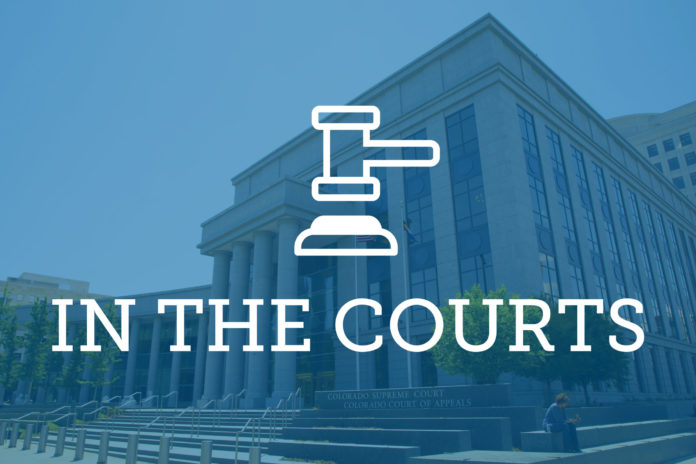
Editor’s Note: Law Week Colorado edits court opinion summaries for style and, when necessary, length.
Ivy Ngo appealed the judgment entered in favor of Franklin D. Azar & Associates P.C. and counterclaim defendant Franklin Azar.
Ngo contended that the trial court erred by concluding that the employee nonsolicitation provision didn’t violate Colorado Rule of Professional Conduct 5.6(a); by refusing to instruct the jury on the employee preparation privilege on the breach of contract claim; and by applying the litigation privilege to the letters Azar sent to the law firms,accordingly modifying the jury instructions on the defamation claim.
The appeals court discerned no error.
According to the opinion, this appeal required the Colorado Court of Appeals to consider for the first time in a Colorado appellate decision whether an employment agreement provision prohibiting an attorney at a law firm from soliciting fellow employees to leave the firm is an agreement that “restricts the right of a lawyer … to practice after termination of the relationship,” as prohibited by CRPC 5.6(a).
The appeals court concluded that, to the extent it prohibited such solicitation during Ngo’s employment, the agreement didn’t violate the rule and was enforceable.
Ngo also appealed the post-trial orders granting Azar attorney fees and costs.
Because the appeals court affirmed the judgment and orders, it ruled that both appellees were entitled to costs. But it rejected appellees’ request for double costs because, though unsuccessful, it didn’t believe either appeal was frivolous as argued.
The appeals court affirmed the judgment and post-trial orders. It remanded the case to establish reasonable costs and attorney fees on appeal.
In this adult guardianship case, appellant and ward Humberto Gonzalez Diaz appealed the probate court’s order authorizing his guardian to move him to Mexico against his wishes.
As a matter of first impression, the Colorado Court of Appeals concluded that the Colorado Uniform Guardianship and Protective Proceedings Act and the Uniform Adult Guardianship and Protective Proceedings Jurisdiction Act empower a court to authorize a guardian to move the ward’s dwelling place to a foreign jurisdiction as long as the court receives a visitor’s report that complies with Section 15-14-305 of the Colorado Revised Statutes and finds that such a move is in the ward’s best interests.
As part of that consideration, the appeals court found that the court may, but isn’t required to, consider whether a transfer of the guardianship proceeding is appropriate.
The appeals court concluded that the probate court erred because it relied on a court visitor’s report that was insufficient.
The appeals court reversed the order and remanded the case for the probate court to obtain a statutorily compliant visitor’s report and to conduct a new hearing. The appeals court held that if, after receiving a compliant visitor’s report and conducting an investigatory hearing, the court determines that authorizing Diaz’s guardian to move his dwelling place out of the country is in his best interests, the court has discretion to condition the move on the transfer of the guardianship proceeding to the foreign jurisdiction.

